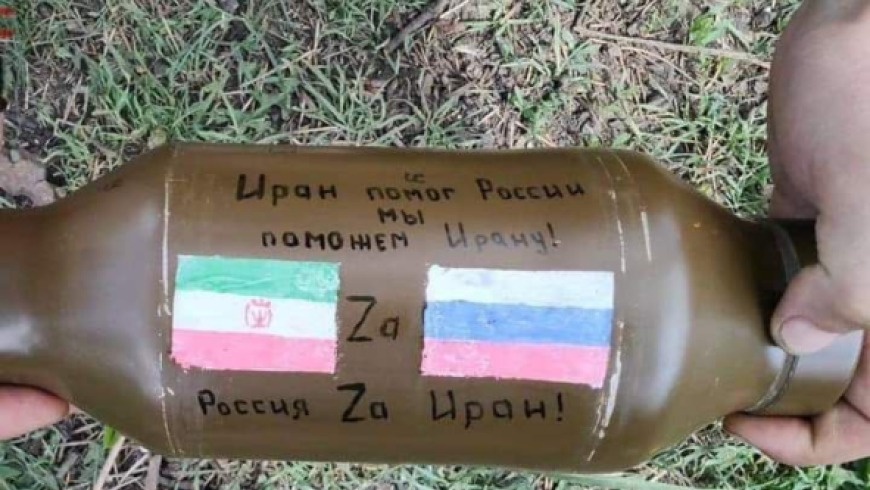
Russia seeks to persuade Iran not to launch attacks from Syrian territory, Syria TV says.
Since the onset of the Israeli war on Gaza, Syria has remained closely involved, as Israeli aircraft have intensified strikes on Iranian targets within its borders. This territory has become a hub of military and security activity for the Iranian Revolutionary Guards and their affiliated groups.
In response to Iranian actions and Israeli escalation, Russia has been making political efforts to keep Syria out of the ongoing regional conflict. This includes engaging with various Arab countries to mediate and pressure the Syrian regime not to overtly align itself with Iran.
However, these Russian efforts have fallen short, particularly as battles have escalated in Hezbollah-controlled southern Lebanon. There, Tehran has increasingly utilized Syrian territory to facilitate support for the group.
Russian-Iranian talks
The Syria TV website has obtained information indicating that Russia is engaged in ongoing discussions with Iran to regulate its movements and the activities of its affiliated factions in Syria, aiming to prevent further Israeli escalation.
Russia seeks to persuade Iran not to launch attacks from Syrian territory against Israeli targets, as factions loyal to Tehran have occasionally launched drones towards the occupied Golan Heights.
Moscow fears that Israeli strikes may expand to include military sites belonging to the Syrian regime or that Tel Aviv may decide to deepen its incursions into southern Syria. At the same time, Russia is careful not to publicly oppose Israeli actions, as this could push Israel to align more closely with Ukraine and increase its support in response to any perceived Russian backing of Iran.
Russia aims to maintain a delicate balance between Iran and Israel. While it has not demanded that Iran cease its activities in Syria, it has urged for those activities to be framed and concealed from Israeli observation. Furthermore, Moscow does not prevent the Syrian regime from providing support to Hezbollah, including financial assistance to compensate for losses incurred during the conflict.
On the other hand, Russia does not obstruct Israel’s repeated targeting of Iranian positions in Syria. Sources indicate that Moscow receives reports from Israel about these attacks, as both parties seek to avoid any direct confrontation.
Russia has promised Israel to limit Iran’s use of Syrian airports for transporting weapons to the battlefield, in hopes of reducing Israeli strikes on these airports. However, informed Lebanese sources report that some Russian weapons in the Syrian regime’s possession still reach Hezbollah through the Bekaa Valley, especially after Israel targeted the routes between Syria and Lebanon, including certain anti-armour missiles.
While Israel sometimes extends its strikes to official military units affiliated with the Syrian regime that are under Iranian influence—such as the Fourth Division, which has become a cover for pro-Iranian militias—it has refrained from targeting other military divisions associated with the regime that are linked to Russia, such as the 25th Division, the 30th Division of the Republican Guard, and the First, Fifth, and Seventh Teams. This indicates Israel’s reluctance to escalate its attacks in a way that would impact the regime’s military structure.
